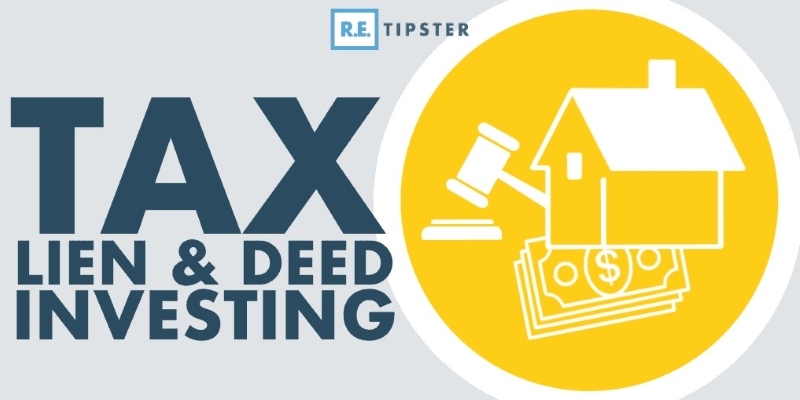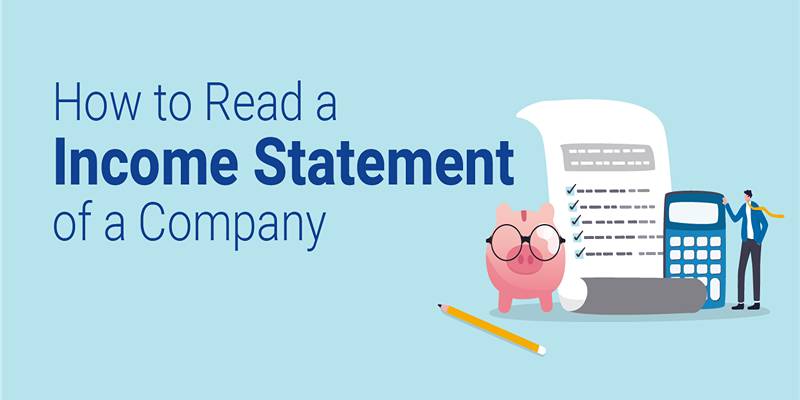With financial news full of warnings and uncertainty, investing in a down market can be scary. However, it is right when such market instability emerges that the smart investor finds the most growth. For many successful investors, downturns mean buying undervalued assets and diversifying portfolios, as well as when the market finally rebounds to grow.

In this article, we'll look at how to invest through downturns, why it can be a golden opportunity, and how to tackle uncertain times. Knowing these principles will allow you to not just survive, but thrive in a down market.
First thing first, before jumping right into the strategies, it's significant to know that markets are cyclical. In other words, downturns are always upsetting, but they typically are followed by periods of recovery. The stock market has proven resilient over time, recovering from all the great major drops. Investors that focus on the long term will avoid the emotional reactions to short term volatility. The up market isn't the end; the down market isn't the end; they're part of the cycle. It's the ability to stay patient, keep an eye on the horizon and not panic and sell when things go down.
Markets moving down is too easy to assume they will continue to go down and fear tends to drive bad decisions. But experienced investors understand that downturns are frequently opportunities to purchase high quality stock, real estate or other assets at reduced prices. That's why the best time to invest might not always be at the top of the market, but during a correction.
There are many reasons to invest in a downturn that can add up to huge long term benefits. The biggest benefit is that you're buying assets at a discount. In a bear market, stocks, bonds, or real estate that were too expensive when the bull market was on, become more affordable. When the market recovers, you are in a position to buy high quality assets at a fraction of their previous value.

A bonus feature is the possibility to diversify your portfolio. That means that you have more chance to enter high priced sectors or industries when tending to be cheap during a downturn. Investors can use this time to add variety into their holdings, and so decrease risk and increase overall returns. Diversification across your portfolio can protect you from future volatility and provide you with a solid base for your long-term success.
There are several strategies you can use to maximize the benefits of investing in a down market. The key is to approach your investments with a clear plan and focus on long-term goals.
Dollar-cost averaging (DCA) is one of the most effective strategies for investing in a down market. This technique involves investing a fixed amount of money into an asset at regular intervals, regardless of the asset’s price. In a down market, DCA helps reduce the risk of investing a lump sum when prices are high. By investing consistently over time, you can take advantage of lower prices and avoid the emotional pitfall of trying to time the market perfectly. This steady approach smooths out the effects of volatility, making it easier to stay on track with your investment goals.
Another strategy to consider during a market downturn is value investing. This involves seeking out undervalued stocks or assets that are trading below their intrinsic value. During a down market, the prices of many companies drop due to overall market sentiment, rather than a reflection of their actual performance or future potential. By identifying these opportunities, you can invest in companies that are positioned for long-term growth when the market recovers. Value investing requires patience, as it may take time for these companies to bounce back, but the rewards can be significant for those who are willing to wait.
A down market is an excellent time to look at diversifying your investment portfolio. Investing in a mix of stocks, bonds, real estate, and commodities can help reduce risk and increase the likelihood of positive returns. In addition, diversifying internationally by adding global assets to your portfolio can help protect against domestic market fluctuations.
It’s easy to fall into the trap of panic selling when the market is down, especially if you’re emotionally attached to your investments. However, selling in a down market locks in losses and prevents you from benefiting from the eventual recovery. Instead of selling, focus on the long-term fundamentals of your investments. Ask yourself if the underlying assets still align with your financial goals. If they do, it might be better to ride out the downturn rather than make rash decisions based on fear.
While investing in a down market can be rewarding, it’s crucial to practice sound risk management and emotional discipline. Downturns often provoke strong emotions, such as fear, anxiety, or even greed. These emotions can cloud judgment and lead to poor decisions, such as selling at the wrong time or taking on too much risk. By keeping your emotions in check and sticking to your strategy, you can avoid making costly mistakes.

One way to manage risk is by setting stop-loss orders or taking profits at predetermined levels. This ensures that you don’t lose more than you’re comfortable with, especially during times of heightened volatility. Additionally, you should always ensure that your portfolio aligns with your risk tolerance and long-term objectives.
Investing in a down market requires a long-term perspective, patience, and a clear strategy. While market downturns can be unsettling, they also present significant opportunities for growth. By using strategies like dollar-cost averaging, value investing, and diversification, you can position yourself for success when the market eventually recovers. Risk management and emotional discipline are key to staying focused and making smart investment decisions during these challenging times.

By Lucy Lee/Feb 27, 2024

By Triston Martin/Apr 08, 2024

By Lucy Lee/Mar 25, 2024

By Eleanor/Mar 12, 2025

By Aldrich Acheson/Oct 26, 2024

By Frederica/Apr 20, 2024
By Frederica/Nov 09, 2024

By Sid Leonard/Jun 17, 2025

By Eleanor/Dec 02, 2024

By Eleanor/Nov 06, 2024

By Susan Kelly/Mar 09, 2024

By Frederica/Mar 30, 2024